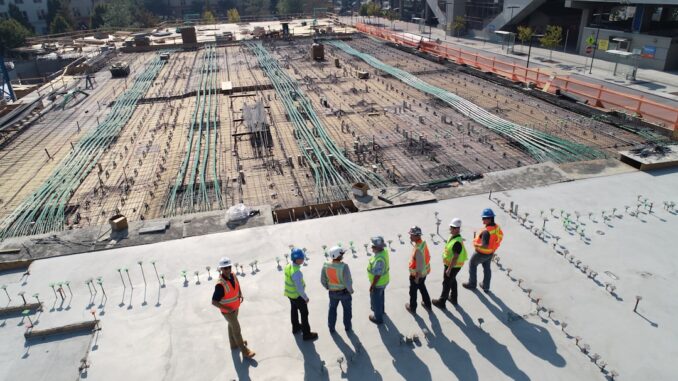
Summary
Successfully navigating the home-building process can be challenging. This guide provides 10 actionable tips for first-time home builders, from planning and budgeting to choosing the right team and ensuring quality construction. By following these steps, you can turn your dream home into a reality.
Successful low-energy building design hinges on careful planning. Focus360 Energy can help.
Main Story
Building a home for the first time? It’s a rollercoaster of excitement and sheer overwhelm, isn’t it? You’re probably imagining your perfect space, but it’s crucial to have a solid plan. So, let’s chat about ten essential tips to help you get through this.
First up, crystallize that vision! What does your dream home actually look like? Are we talking a cozy cottage vibe, or something super modern? Think about your lifestyle, your family, your future needs. How many bedrooms, how many bathrooms? Really picture it, because that clear vision? It’s gonna guide all your future decisions.
Next, you need to craft a realistic budget. And I mean realistic. It’s not just the bricks and mortar, you know. We’re talking land, permits, those sneaky utility hookups, landscaping and furniture… and yes a contingency fund! You know, the ‘oh crap’ money. Don’t overextend yourself! Leave some wiggle room for those inevitable, unforeseen surprises. I remember my friend, Sarah? She completely maxed out her budget, then had to choose between a new fridge or… well, let’s just say she had a cold few months. It’s a good idea to avoid that.
Then comes the search for the perfect location. Location, location, location – it’s not just a cliché. You’ve gotta think about schools, work, local amenities, transportation and the neighborhood’s character, and any future developments. It’s important to have access to all these things.
Now, about your dream team; This is so important. A good builder, a great architect. Make sure they’re reputable with a good track record and they completely understand your vision. They’re the ones that’ll bring your vision to life. They need to be skilled enough to manage the project efficiently.
It’s also a good idea to master the building process. Get familiar with the different stages. From design and permitting, to framing and finishing. This isn’t about being a know-it-all, but knowing the process helps you communicate with your builder and anticipate potential roadblocks.
Thinking long term? Then design for the future. Plan flexible spaces, accessible elements and energy-efficient tech. Think about how your needs will change over time. This’ll increase your home’s functionality over the long haul.
Navigating permits and approvals… Yeah, it’s as fun as it sounds. Get all your ducks in a row before you start building to comply with local regulations and codes. Seriously, skipping this? Huge delays and legal headaches await.
When it comes to materials prioritize quality over quantity. It’s always better to go for high-quality craftsmanship over a million cheap features. A well built home is going to need way less maintenance over time.
And speaking of communication, communicate effectively! Don’t let anything fester, voice all concerns clearly. Regular talks with the builder and architect will ensure everyone’s on the same page. It’s so important.
Finally, be prepared for delays. Seriously. Construction is hardly ever linear. The weather can change in an instant, or there could be material delays, or whatever the case may be, so flexibility and a good dose of patience are going to be your best friends. It can be frustrating but it’s all part of the process.
So, there you have it! Building a home is a journey, not a sprint. It’s a challenge, for sure, but a really rewarding one. Hopefully these tips will make your journey a bit smoother. And hey, if you ever need a friend to vent to about a rogue pipe, you know where to find me.


The point about a realistic budget is crucial, as unexpected costs often arise in construction projects. Having a contingency fund, as you suggest, is a very practical and necessary step.
Absolutely agree that realistic budgeting is key. It’s also vital to research material costs early on, as prices can fluctuate dramatically and impact your budget significantly. Thanks for highlighting this important point!
Editor: FocusNews.Uk
Thank you to our Sponsor Focus 360 Energy – https://focus360energy.co.uk